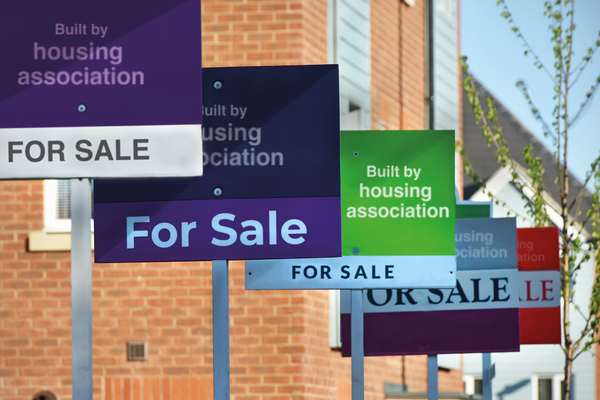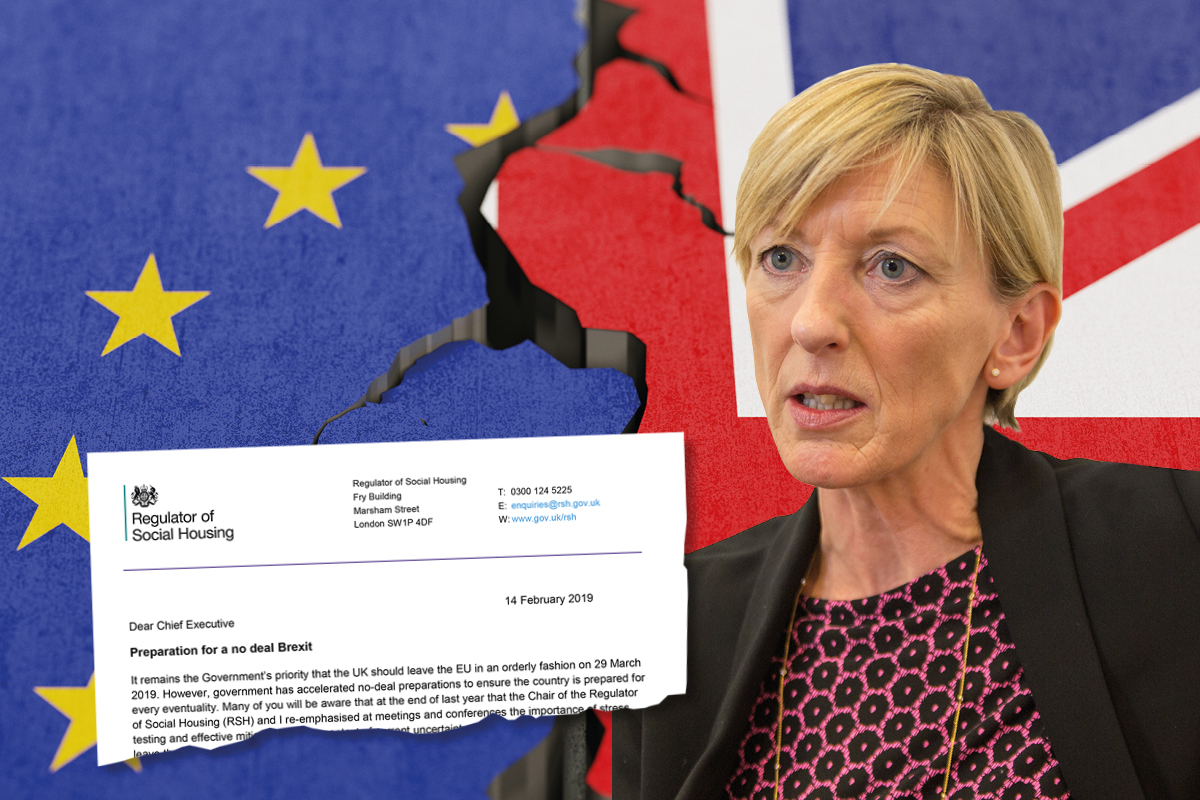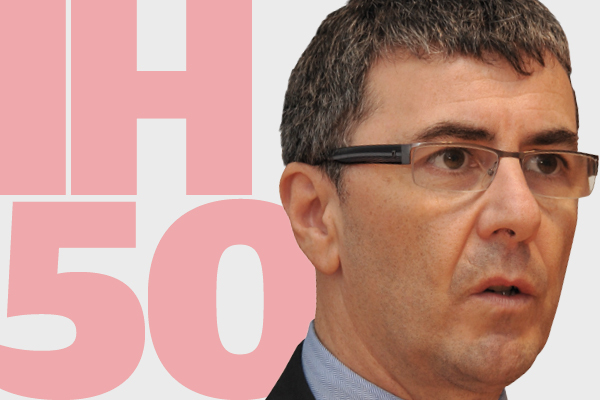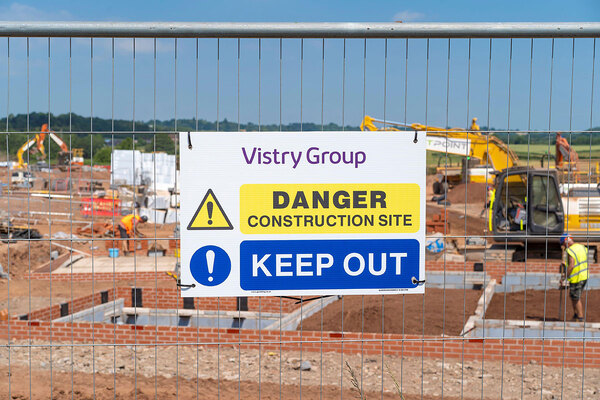You are viewing 1 of your 1 free articles
Scottish regulator warns housing associations to plan for Brexit
Housing associations in Scotland should make plans to ensure “financial well-being” in the case of a no-deal Brexit, the Scottish Housing Regulator (SHR) has warned.
In a letter to social landlords, the regulator emphasised the importance of forward planning for all possible Brexit outcomes.
Ian Brennan, director of regulation at the SHR, wrote: “Late last year the Bank of England set out a range of scenarios to illustrate the potential impact upon key economic variables of withdrawal from the European Union.
“Some of these scenarios indicate the potential for key variables such as the rate of inflation and interest rates to show greater volatility than they have in the recent past.”
He added that housing associations “should take account of this potential for greater volatility” in their forecasts, stress-testing and financial planning.
If a social landlord finds that there is any kind of “serious risk to its stability of viability”, he wrote, they should contact the regulator.
This letter from the Scottish regulator mirrors that sent by its counterpart south of the border two weeks ago.
In that letter, Fiona MacGregor, chief executive of the Regulator of Social Housing, outlined six key areas for housing associations to focus on when preparing for the risks of the UK leaving the EU without a withdrawal agreement in place (no-deal).
These are:
- A deteriorating housing market
- Interest, inflation and currency risk
- Access to finance
- Availability of labour
- Access to materials and components
- Access to data
Michel Barnier, the EU’s chief negotiator, said on French TV on Friday that he is “more worried than before” that there could be an “accidental” no-deal Brexit.
If no withdrawal agreement is agreed and the process is not extended before 29 March, the UK will leave without a deal.
Housing associations, meanwhile, have been stress-testing various Brexit scenarios, including the Bank of England’s worst-case ‘disorderly Brexit’.
According to the Bank, this would – among other things – see house prices fall by up to 33% and inflation peak at 6.5%.












